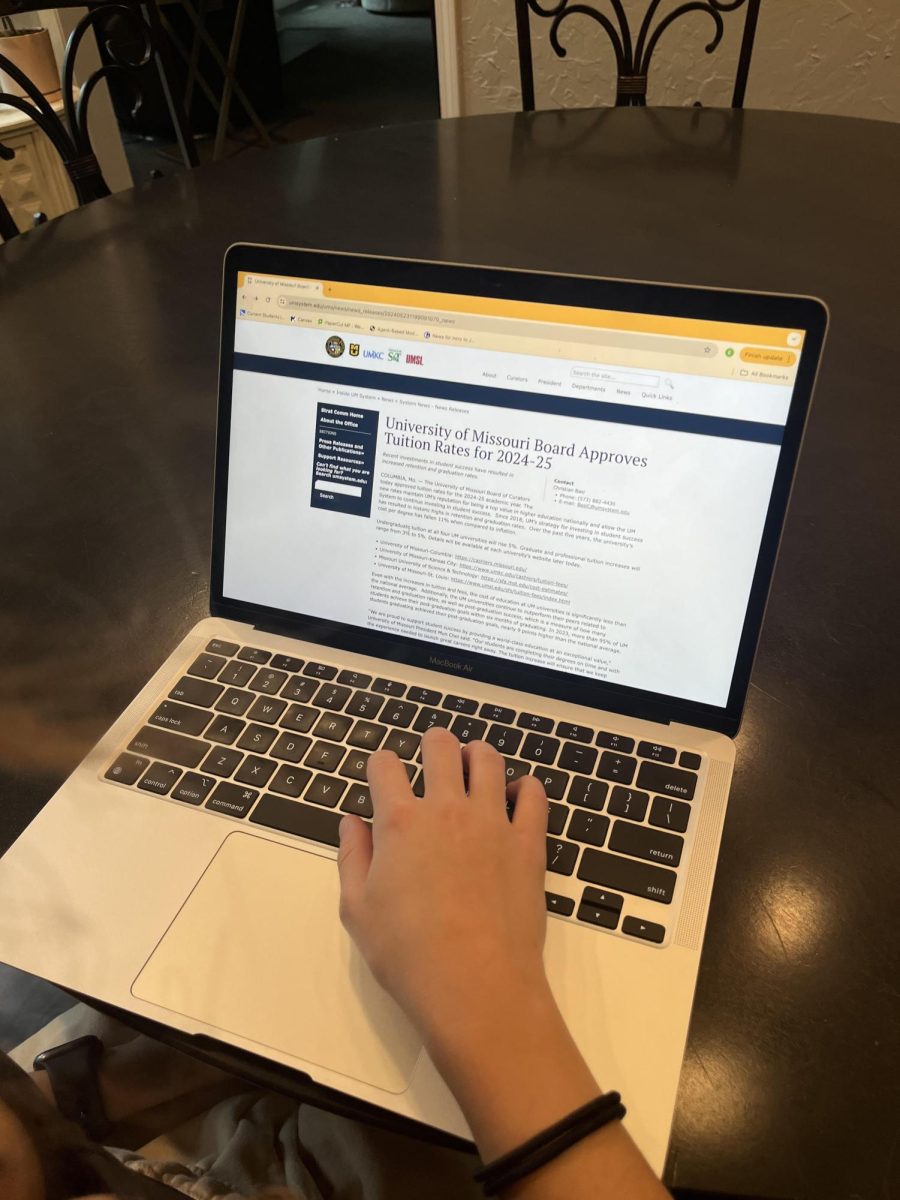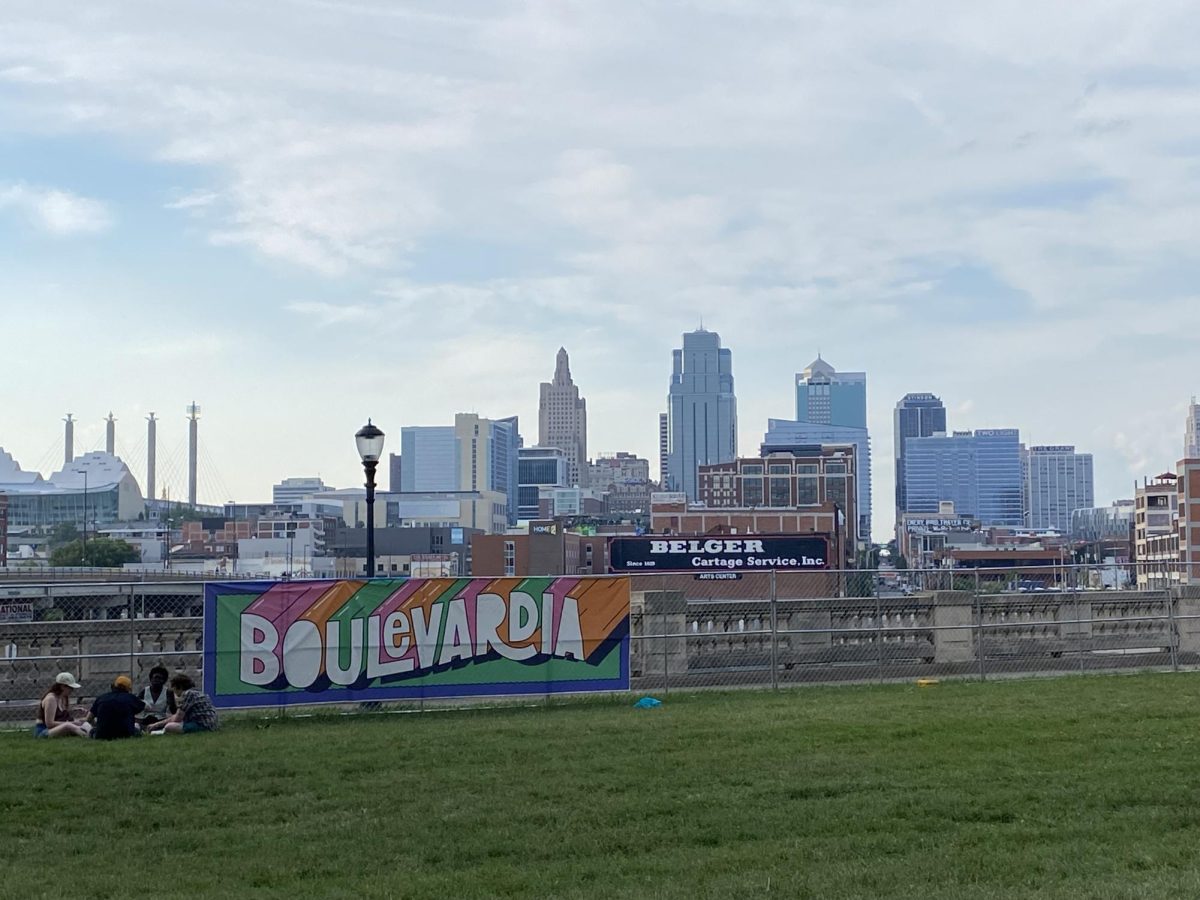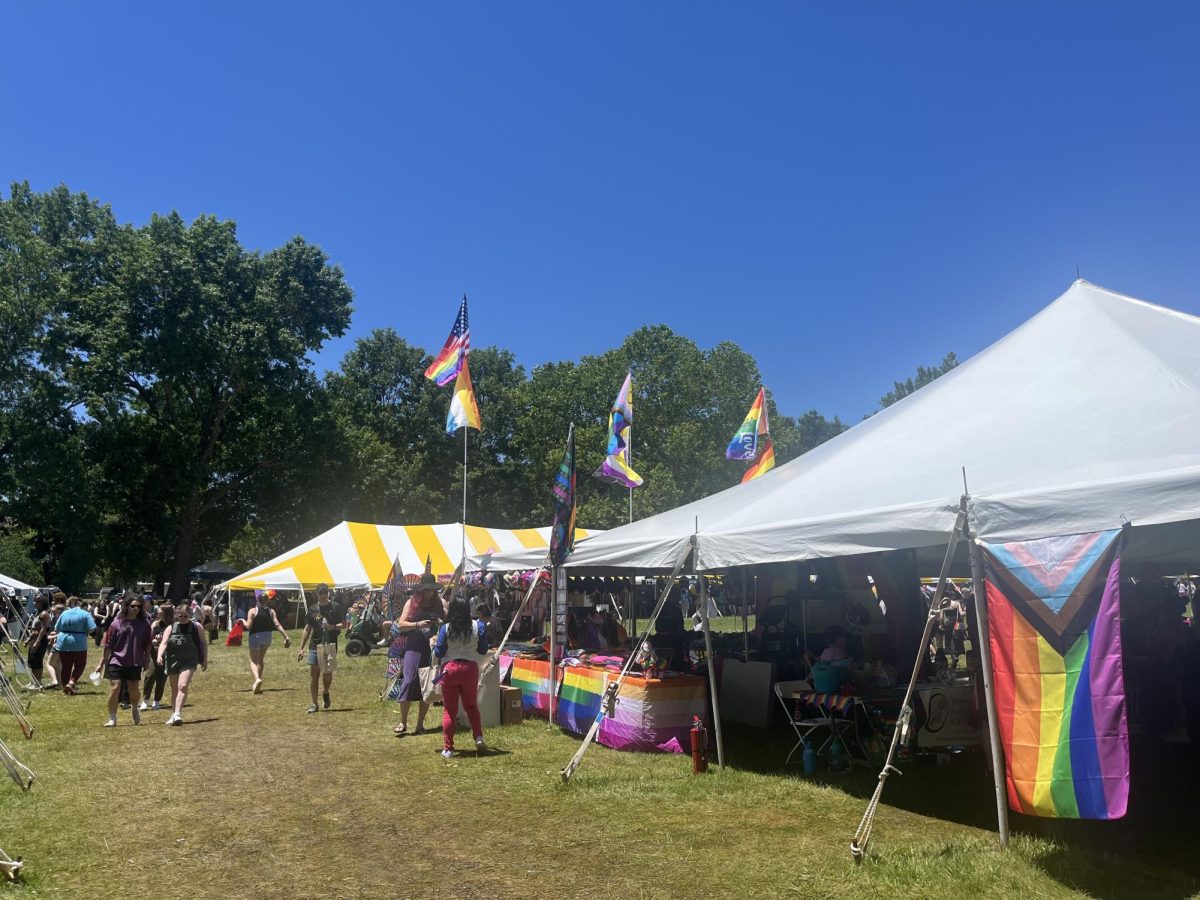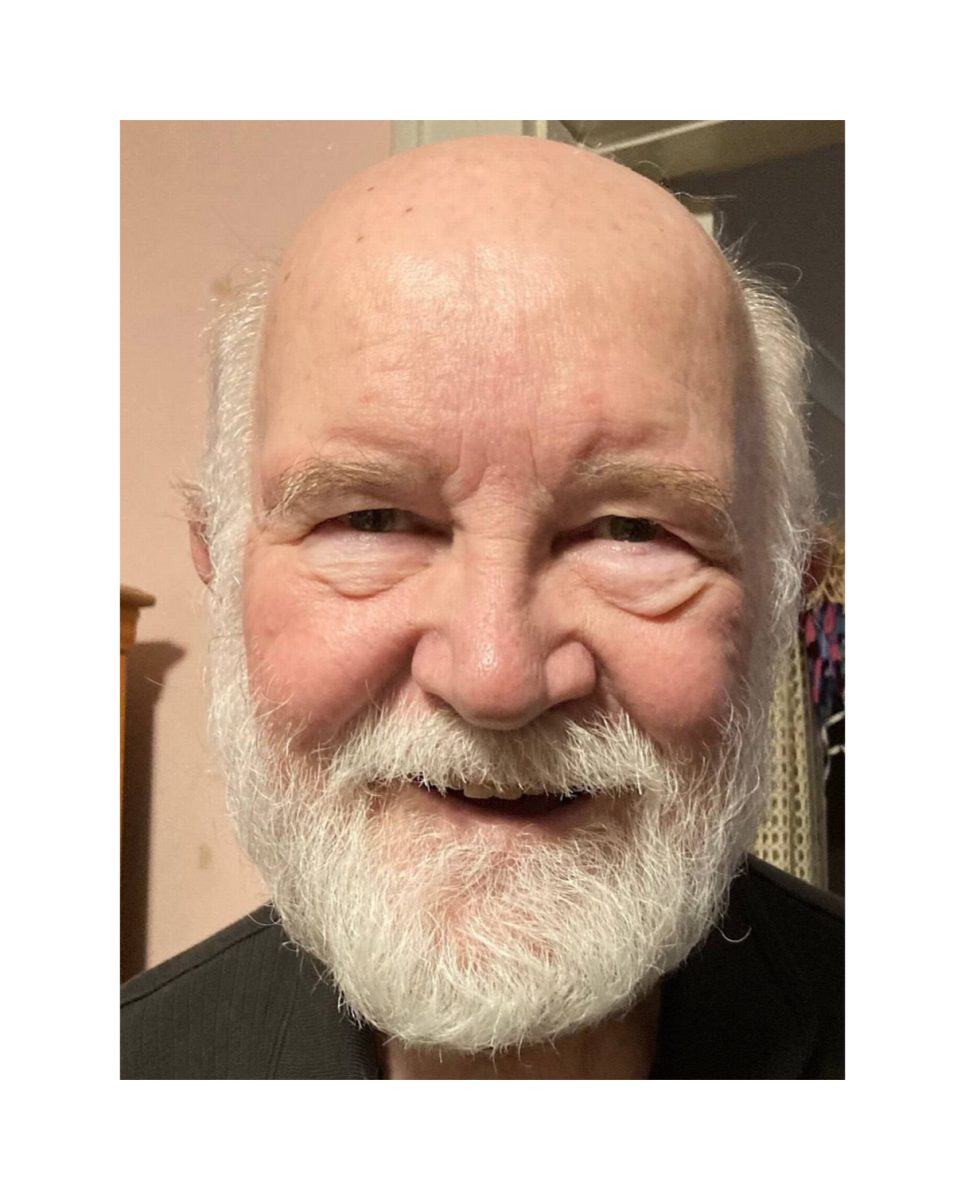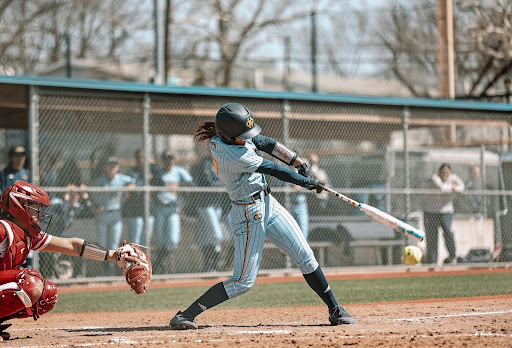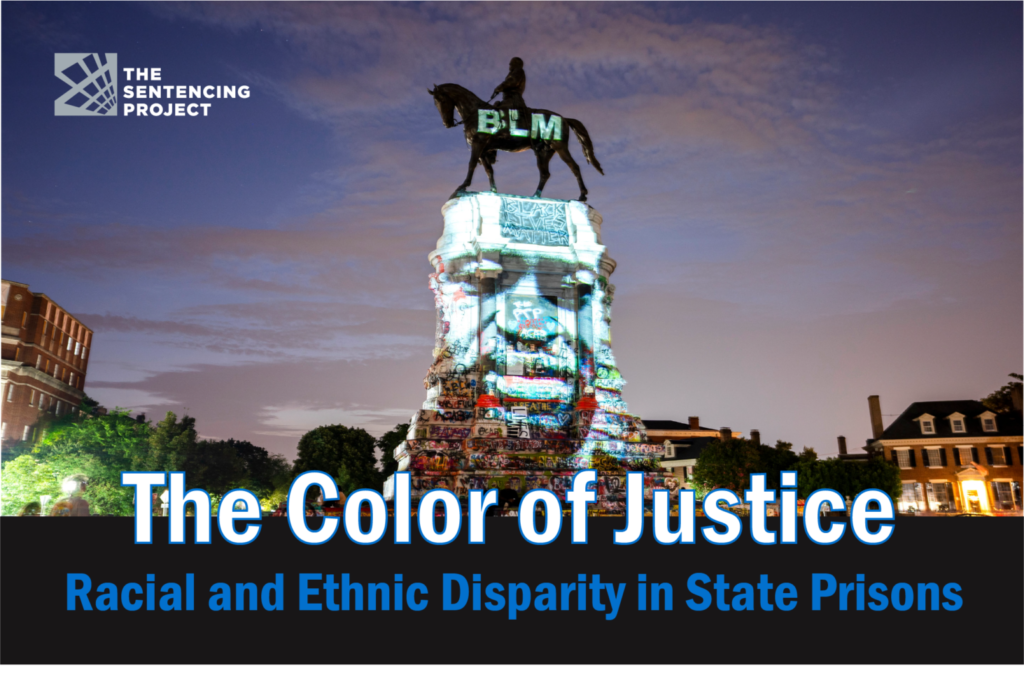A new report released in “Color of Justice: Racial and Ethnic Disparity in State Prisons” revealed that Black Kansas residents are six times more likely to be imprisoned than white residents.
About 1 in 60 Black residents are locked away, in comparison to 1 in 377 white residents. These statistics rank Kansas Black incarceration rates as 11th highest in the nation.
The statistics aren’t just astonishing for the Black community of Kansas. Other states are also experiencing similar issues of disproportionately high Black incarceration rates.
“The US has a problem with over-incarceration compared to the rest of the world, and this is driven by policies, laws, policing and sentence structures,” said UMKC criminology professor Jennifer Owens.
Police officers and the justice system enforce laws more strictly on Black communities while giving white people greater leniency.
Minor crimes like drug usage or abuse can lead to long sentences behind bars for a person of color, but a white person is often able to walk away with no sentence and short-term probation.
Drugs like cocaine were at some point viewed differently among Black and white communities. When wealthy white people used cocaine, they were viewed as rich and cool. But when poor Black communities used crack cocaine, they were — and still are — criminalized and shamed.
One recent example of the justice system disproportionately enforcing laws is the Jan. 6 riots when rioters, a majority of which were white, stormed the Capitol. We can’t deny that the situation would have panned out differently if the majority were Black people protesting for a movement like Black Lives Matter.
Racial targeting and implicit bias within our societies has wreaked havoc within our justice system.
“Racism is there in the structure of our system and is even more apparent with Southern states,” said UMKC English professor John Barton.
Profiling Black people isn’t just limited to the justice system. It invisibly dwells in other aspects of everyday life. Careers, education and interactions with others in society are often made unnecessarily frustrating as a result of daily discrimination.
“It is not just issues in the criminal justice system that explain why we see an overrepresentation of people of color in prison,” Owens said. “But economic inequalities, education, housing, employment, etc., that disproportionately impact communities of color.”
There are plenty of external factors that lead to crime needing to be addressed within our communities before placing Black men and women behind bars at alarming rates.
We can also take a look at the bigger picture.
If we truly value people, we should invest in their wellbeing and their rehabilitation. Society should be able to give them equal opportunities to lead better lives and strengthen their mental health instead of handing them more doses of trauma.
While there’s a lot that needs to be done to dismantle the invisible structure of racism within our societies, progress starts with recognizing these deeper, hidden structures.
We need to stand with our Black community in the challenges they face by educating ourselves and advocating for their rights. There are plenty of books, YouTube videos and resources that are accessible to those wanting to learn more about implicit bias and discrimination.
In order to grow, we should respond to the Black community with empathy and the required work necessary to dismantle racist structures.


